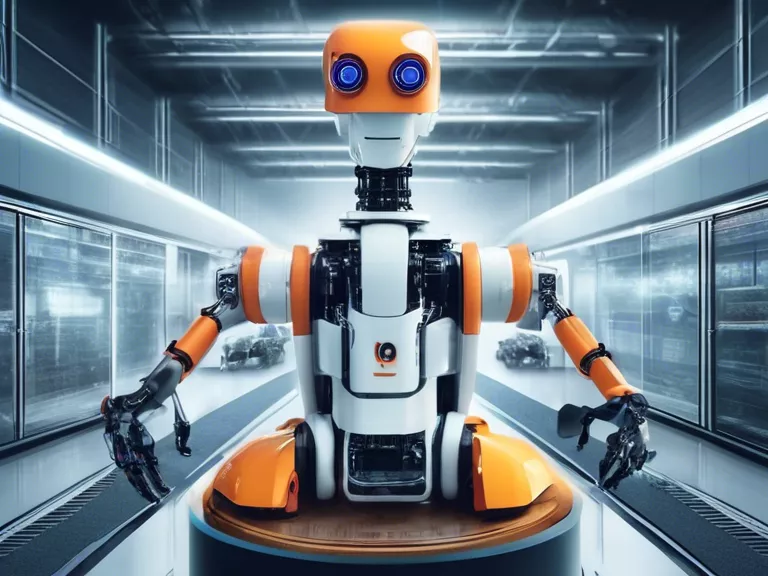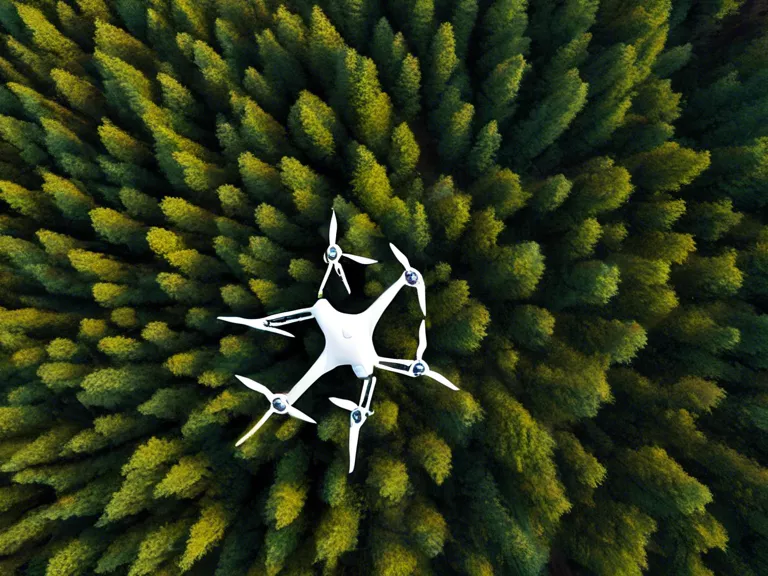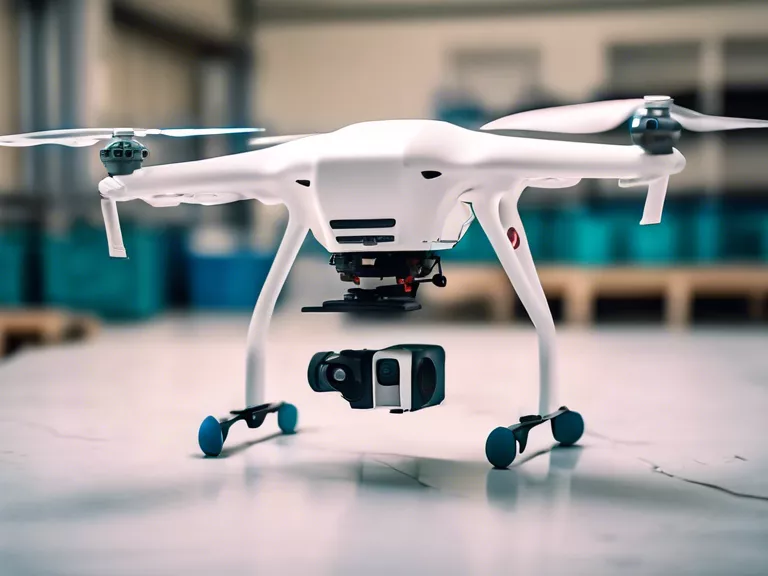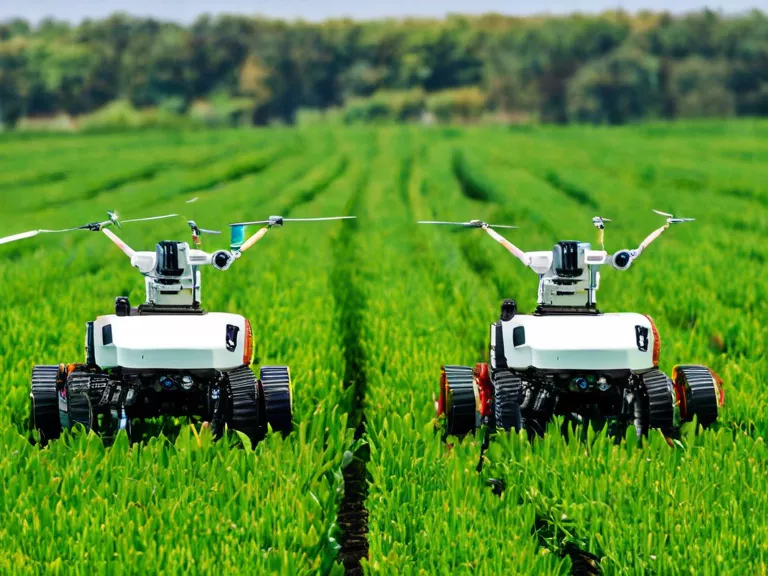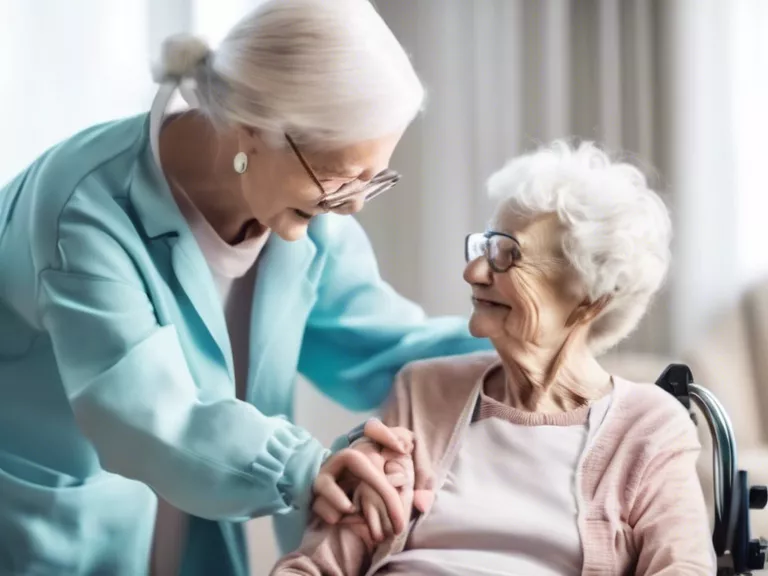
Artificial Intelligence (AI) is revolutionizing the way robots can assist in elderly care by providing companionship and support. With the aging population increasing globally, the demand for caregivers is also on the rise. AI-powered robots are now being designed to offer various services to the elderly, ranging from reminders for medication to engaging in social interactions.
One of the key ways AI is enabling robots to assist in elderly care is through personalized care plans. AI algorithms can analyze data about the individual's health, preferences, and routines to create tailored care plans that meet their specific needs. This ensures that the elderly receive the right level of support and attention, enhancing their overall well-being.
Additionally, AI-powered robots can provide companionship to the elderly. Loneliness is a common issue among the elderly, especially those living alone or in nursing homes. Robots programmed with AI can engage in conversations, play games, and even provide emotional support to the elderly, helping to alleviate feelings of isolation and improve their mental health.
Furthermore, AI algorithms can enable robots to monitor the health and safety of the elderly. Robots equipped with sensors and cameras can detect falls, unusual behavior, or potential health emergencies and alert caregivers or emergency services. This real-time monitoring can provide peace of mind to both the elderly and their families, knowing that help is readily available when needed.
In conclusion, AI is playing a crucial role in enabling robots to assist in elderly care and companionship. By providing personalized care plans, companionship, and health monitoring, AI-powered robots are revolutionizing the way we care for the elderly, enhancing their quality of life and independence.
